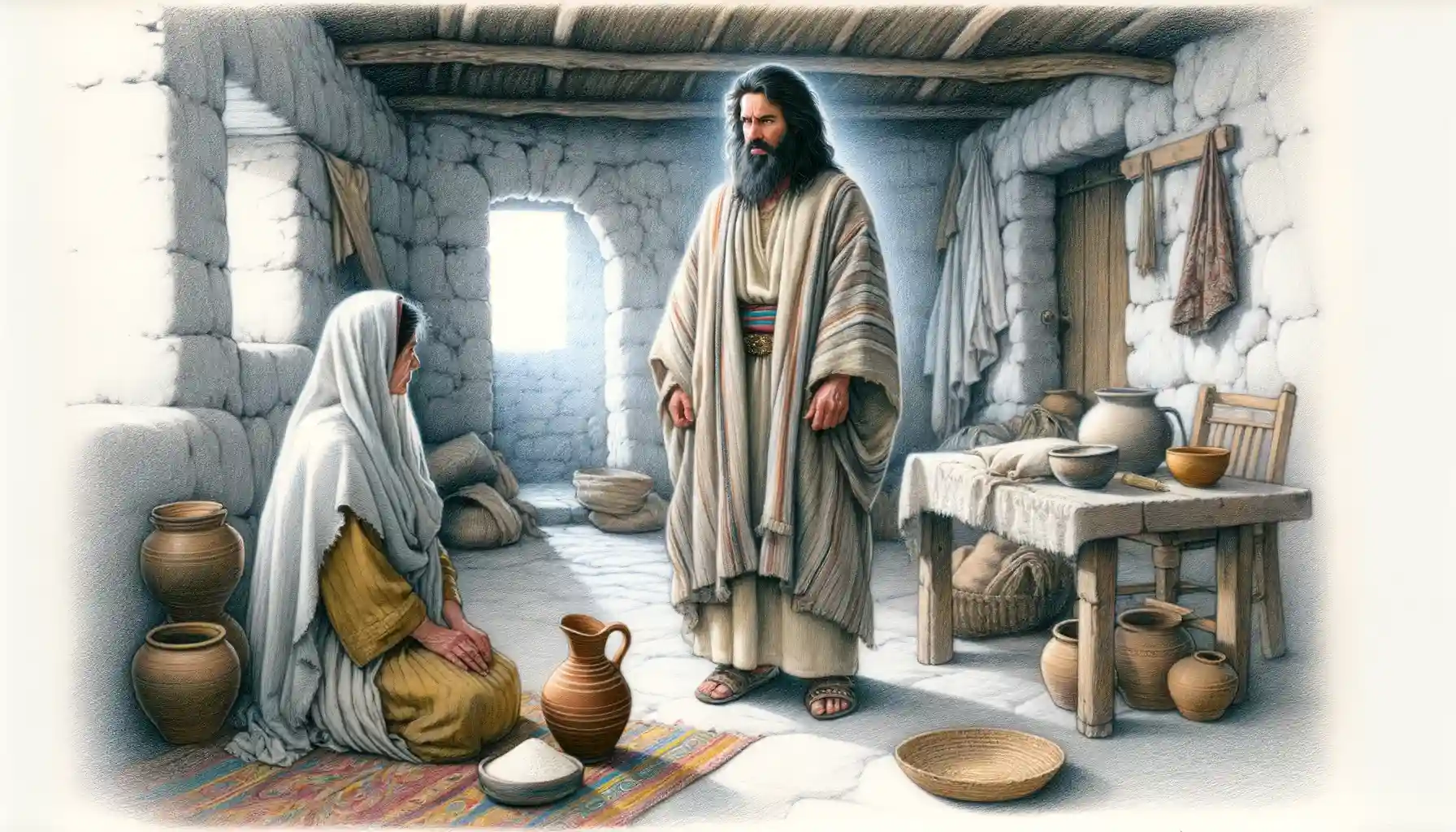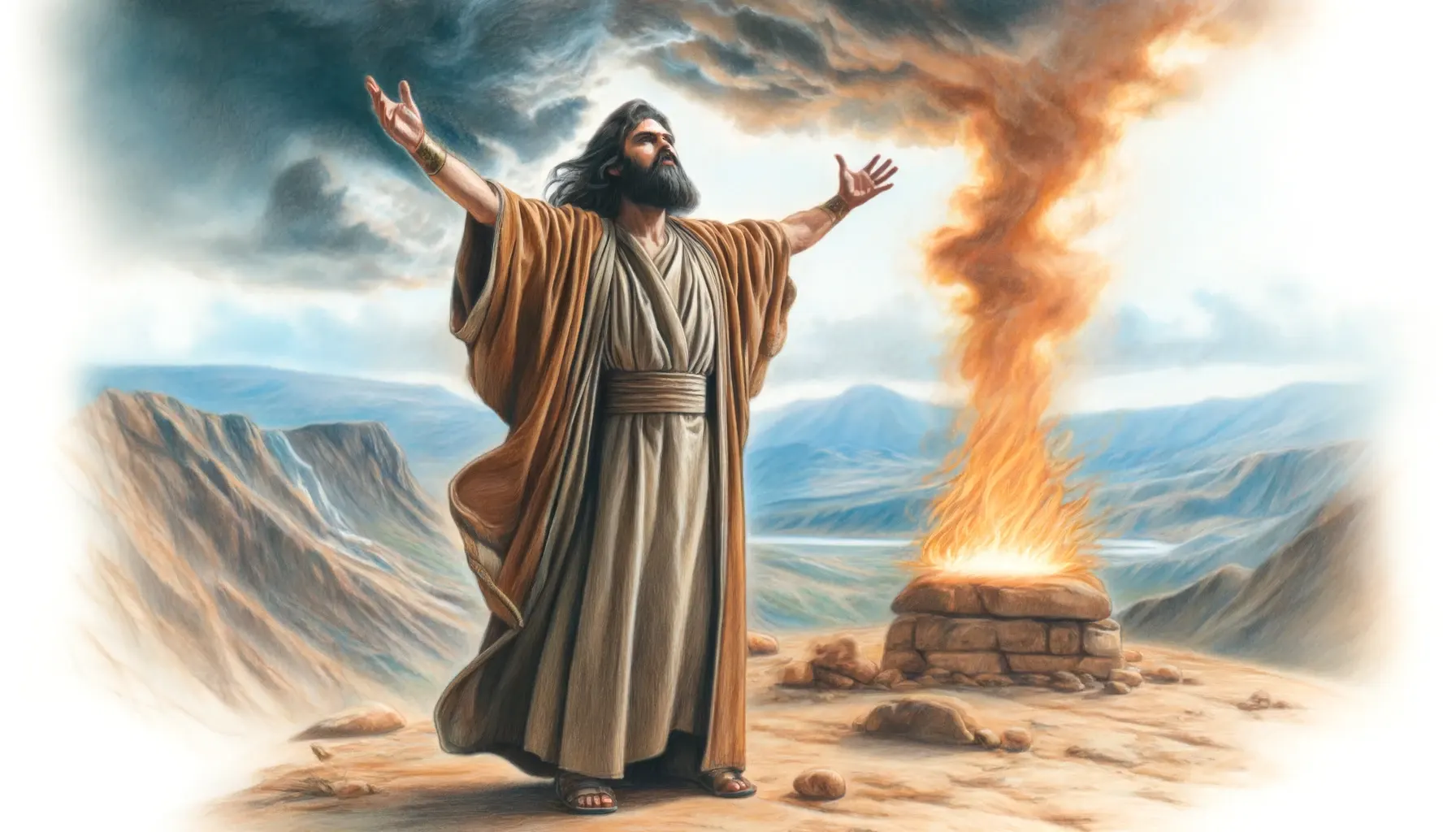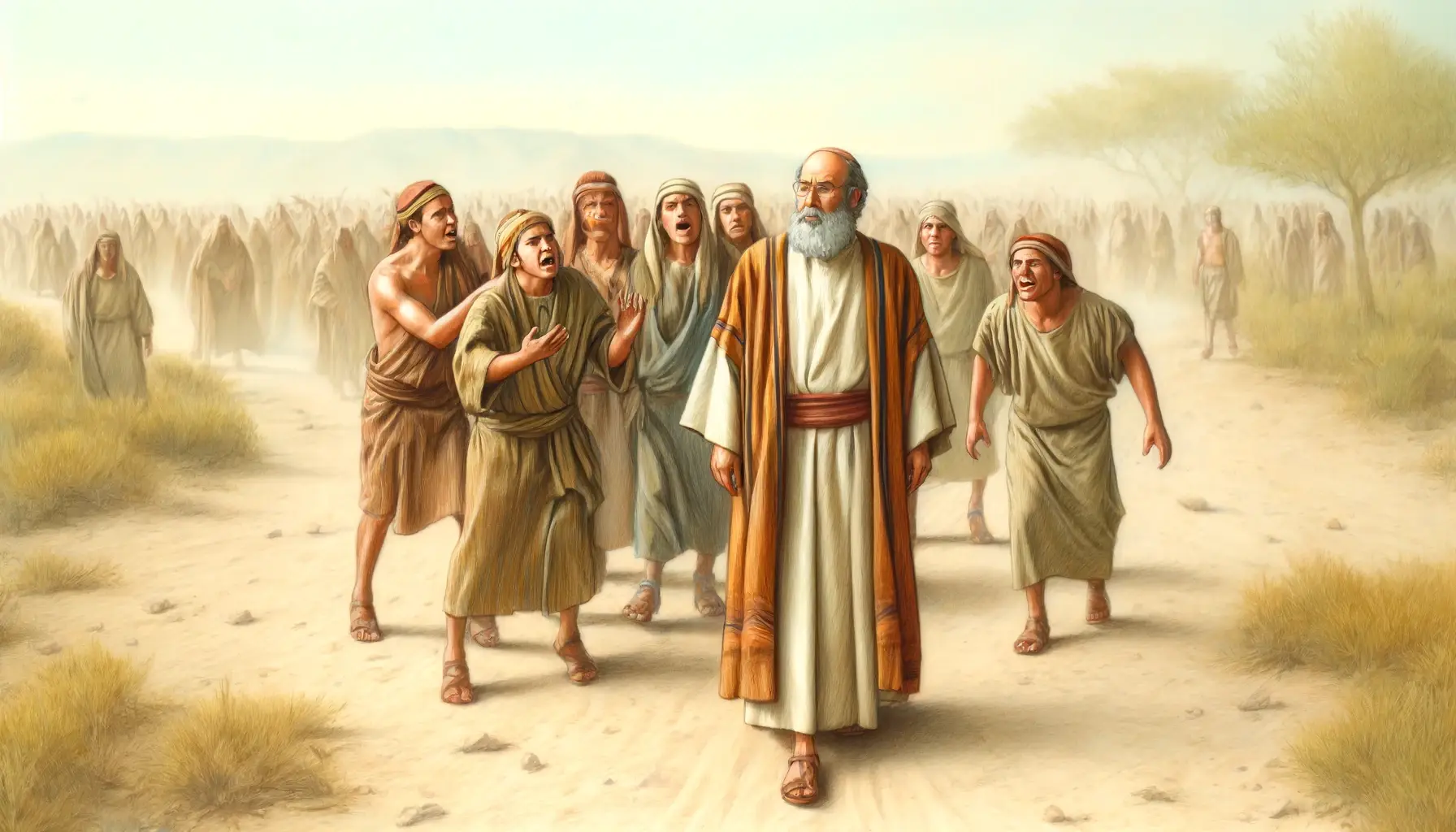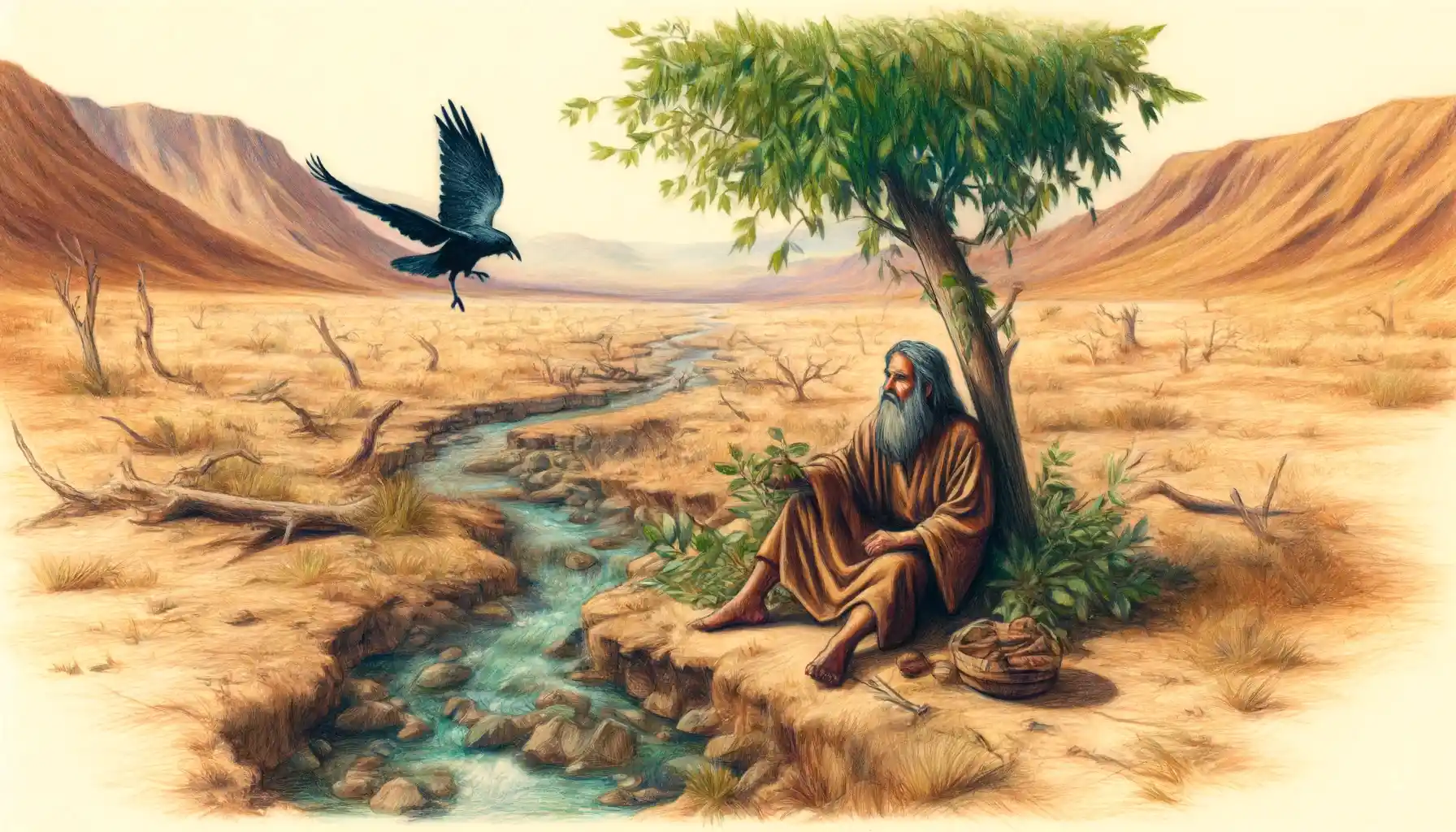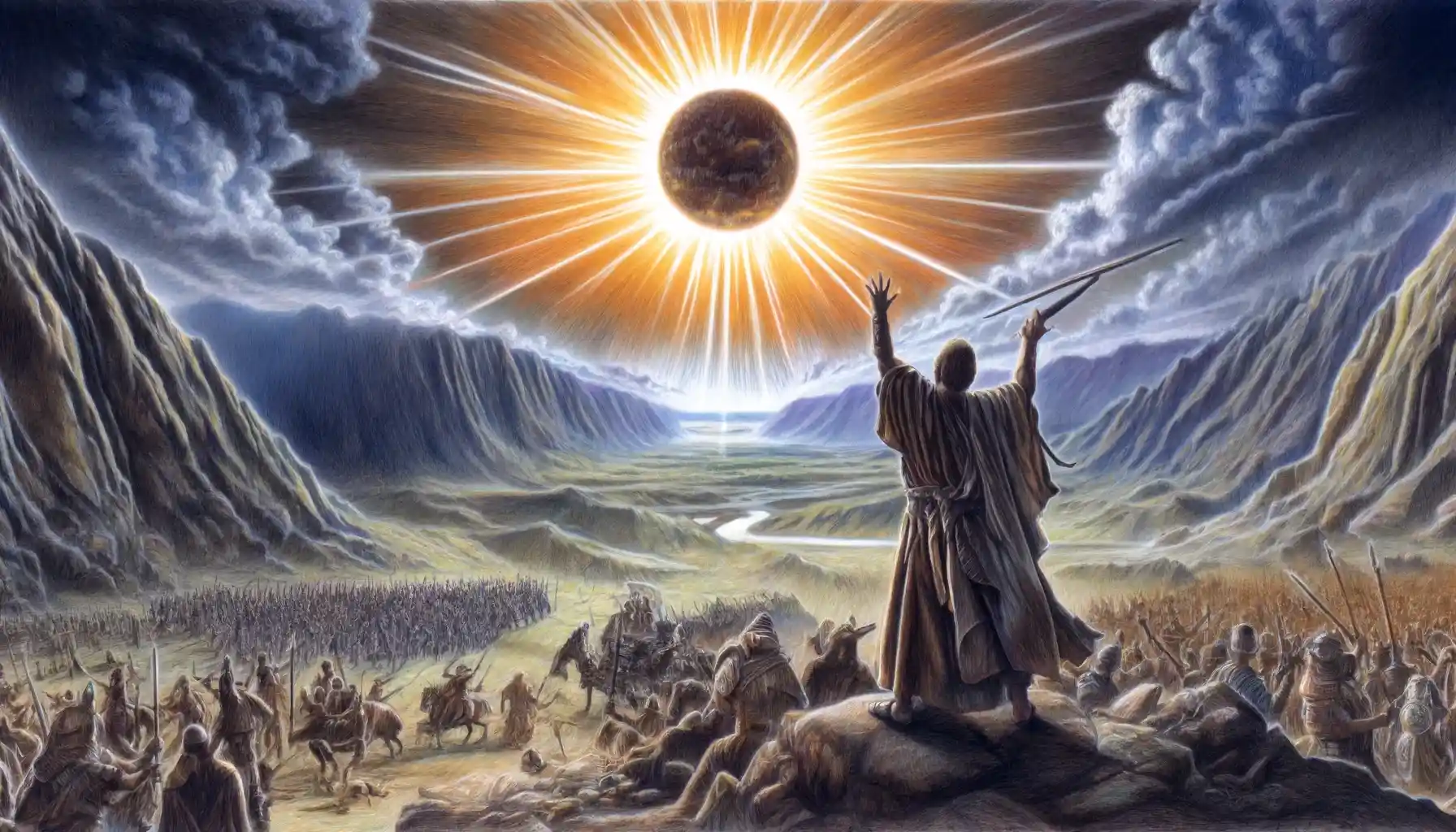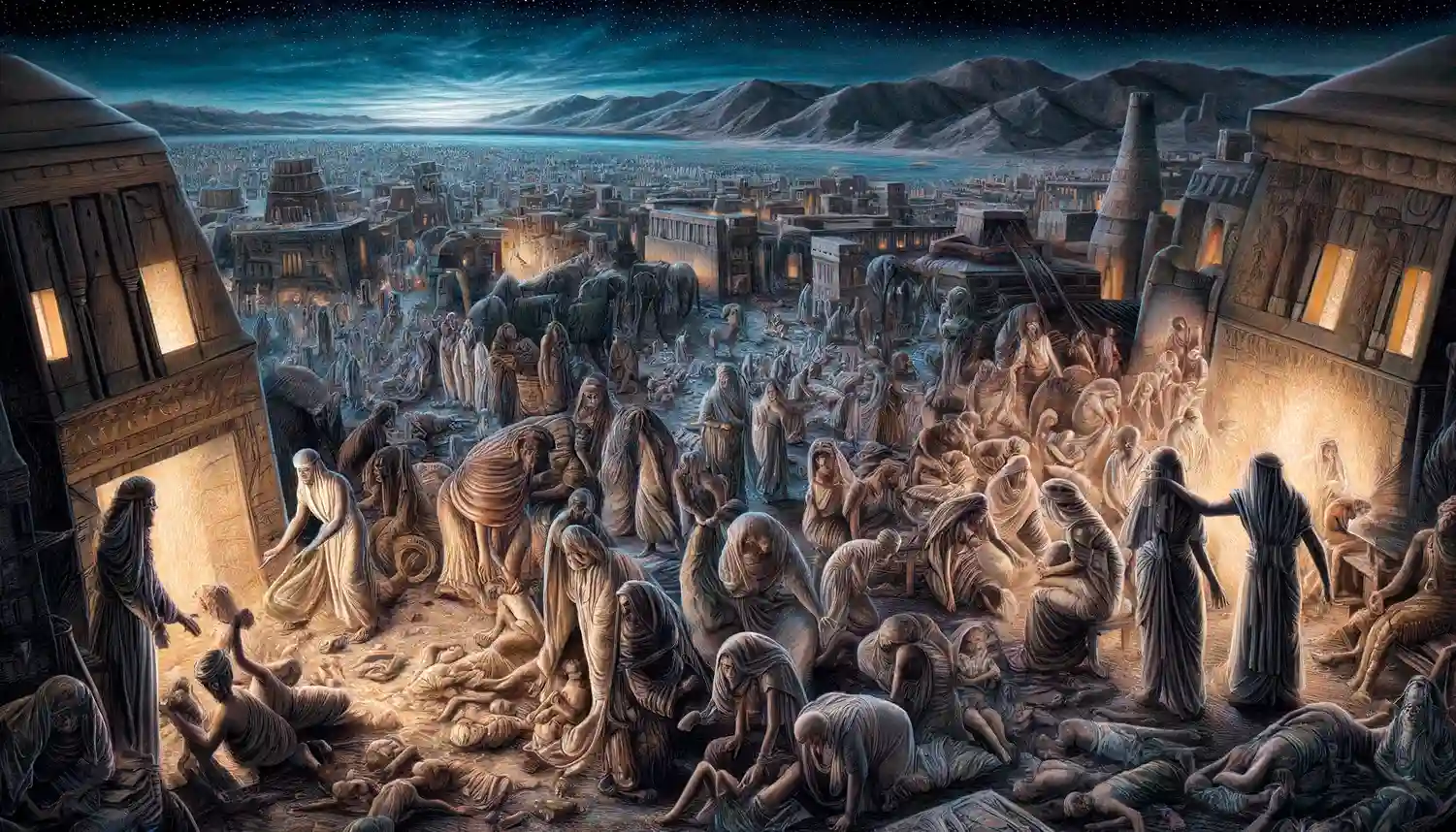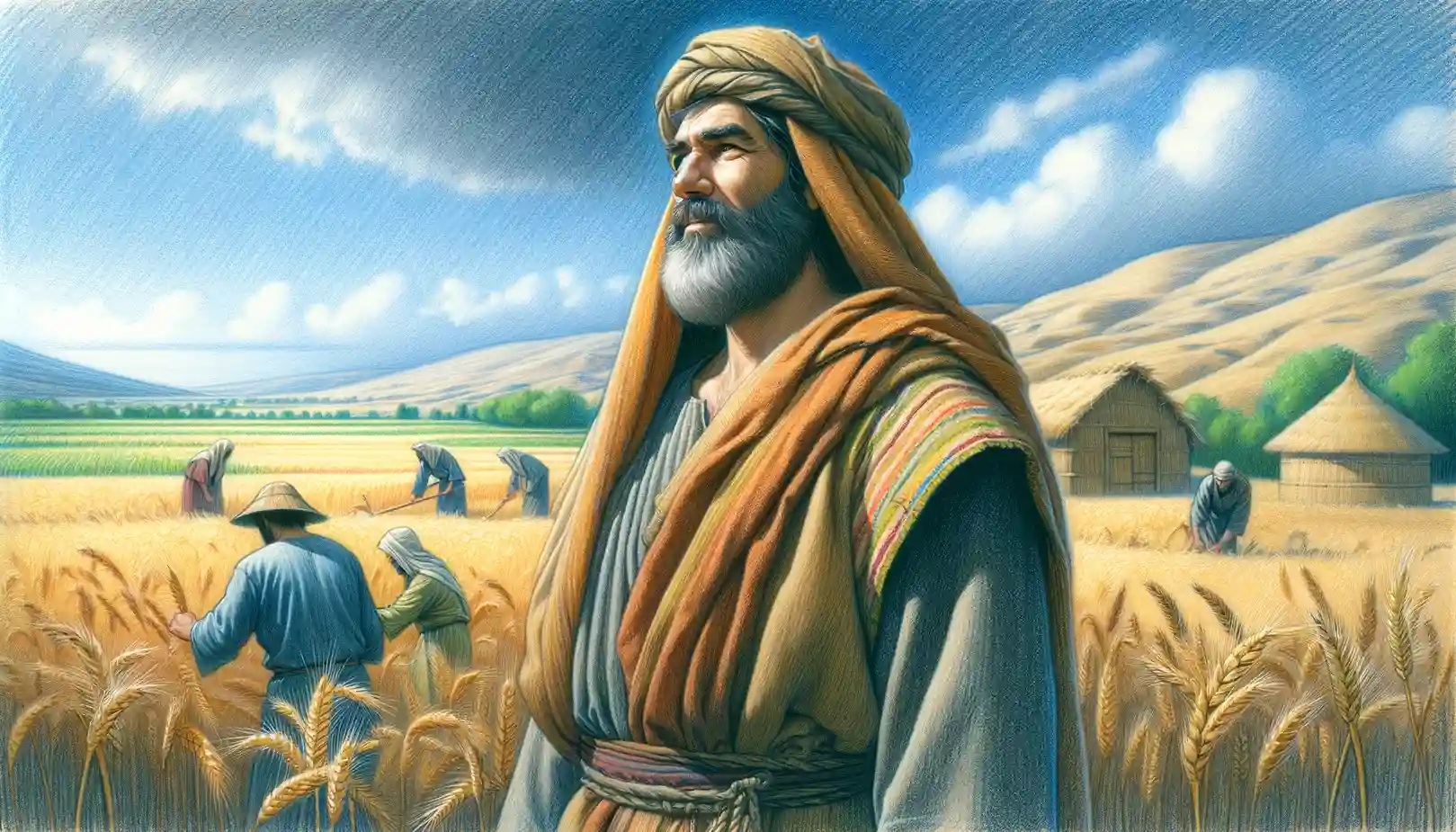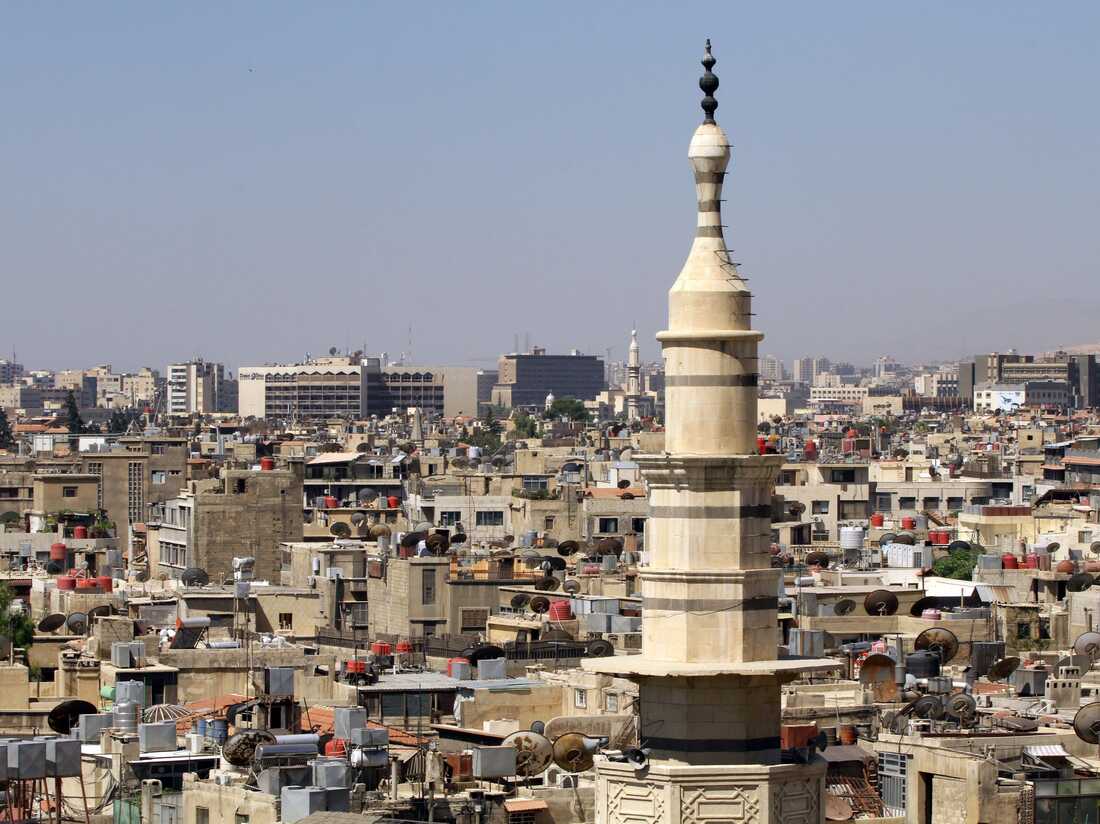During a severe drought, Elijah miraculously provides a widow in Zarephath with a continuous supply of flour and oil, as recorded in 1 Kings 17:14-16, demonstrating God’s unwavering provision and the profound faith of those who trust in His promises.
Elijah, a defining prophet in the Hebrew Bible, is celebrated for his unwavering dedication to God, most notably demonstrated through his dramatic confrontation with the prophets of Baal on Mount Carmel, where he proved God’s supreme power by calling down fire from heaven.
In 2 Kings 2:23-24, the narrative where Elisha curses mocking youths who jeer at his prophetic authority, resulting in two bears mauling 42 of them, starkly illustrates the severe consequences of disrespecting God’s anointed prophets and underscores the sacredness of the prophetic office.
In 1 Kings 17:4-6, God miraculously sustains the prophet Elijah during a severe drought by commanding ravens to deliver him bread and meat twice daily while he remains hidden beside the Brook Cherith.
The Sun Stands Still: In Joshua 10:13, during the battle of Gibeon, Joshua asks God to stop the sun and moon, and they comply. This miraculous event, meant to allow Israel more time to defeat their enemies, is unique in biblical accounts of celestial intervention.
The death of the Egyptian firstborns, as narrated in Exodus 12:29-30, represents a profound divine intervention that marked the climactic and decisive act leading to the liberation of the Israelites from Egyptian bondage, embodying themes of divine justice, retribution, and the fulfillment of God’s covenant.
Boaz, a prominent and righteous landowner in the Book of Ruth, exemplifies the virtues of kindness and legal adherence by acting as a kinsman-redeemer, thus ensuring the preservation and continuation of a family line that is central to the genealogical and theological narrative of the Bible.
When a prophet accidentally dropped a borrowed axe head into the Jordan River, Elisha miraculously made the iron float by throwing a stick into the water, allowing the prophet to retrieve it.
Joshua 1:9 commands Joshua to be strong and courageous, not to fear or be dismayed, for God reassures him of His unwavering presence and support, wherever he may go, marking a crucial moment of divine encouragement as he assumes leadership of the Israelites.
Damascus, a city steeped in both historical and biblical significance, serves as a pivotal setting in the Scriptures, featuring prominently from the Old Testament’s accounts of Aramean conflicts to the New Testament’s transformative tale of Saul’s conversion on the road to Damascus, encapsulating themes of judgment, mercy, and profound spiritual renewal.

